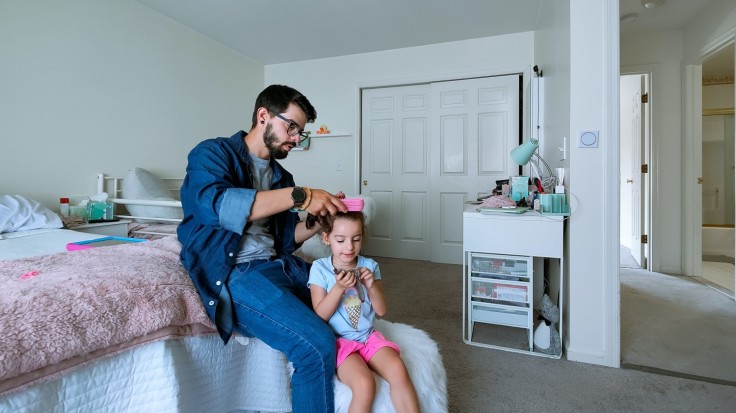
Having head lice may be a pesky and dreaded issue, but it is not a sign of poor hygiene, nor is it an excuse for children o be absent from school, according to a clinical report from the American Academy of Pediatrics (AAP) Committee on Infectious Diseases, Committee on Practice and Ambulatory Medicine, and Section on Dermatology dubbed "Head Lice," the first update on guidance and treatment since 2015, per Parents.
Dr. Dawn Nolt, the report's lead author, noted that even though head lice are an undesirable phase of the human experience, they can be successfully managed; thus, it is not a valid reason for a child to miss school. The AAP also encourages pediatricians to serve as an educational resource for families, school districts, and communities so that head lice may be cured and handled without stigma.
An estimated 6 to 12 million head lice infestations happen yearly in the United States among kids ages 3 to 11. Lice appear to be the most common nuisance for families with children in school. A study reported by Care Spot estimated that 1 in 10 kids would contract head lice at some point during their formative school years.
Getting rid of head lice
The AAP reported that school screenings have been ineffective in reducing head lice and may stigmatize students who have it. Food and Drug Administration-approved products with pyrethroids and topical treatments such as shampoos and lotions should remain first-line treatments for head lice. Alternative options are also available for those individuals, specifically children and teenagers, who may be resistant to commonly prescribed products.
Head lice are not like mosquitos; thus, they don't jump, and it doesn't spread easily. Parents are mainly concerned about the spread, as having lice is not fun. It could also be hard for the parents to get rid of the lice. Unfortunately, head lice will not go away on their own. Thus, if you think your child has an infestation, call your doctor to confirm the diagnosis and notify the child's school so other students can be checked.
According to Mayo Clinic, the health care provider will likely recommend a medication available even without a prescription that instantly kills lice and some of the nits. However, these medications may not kill recently laid eggs. Therefore, an appropriately timed second treatment is essential to exterminate nymphs after they hatch and before they become adult lice.
How can head lice be spread?
Even though head lice are bothersome and can make one uncomfortable because it makes the head itchy, head lice are not dangerous and don't spread disease. It only needs blood and doesn't care whether it's from someone clean or dirty. Regardless, treating head lice immediately is best to prevent them from spreading.
The Centers for Disease Control and Prevention (CDC) noted that the most significant risk comes from direct head-to-head contact with a person with head lice. Other possible causes of spread may entail contact with clothing, such as borrowing and sharing hats and scarves and personal items like combs used by someone with head lice. CDC added that personal hygiene or cleanliness, whether at home or school, has nothing to do with getting head lice.
Related Article : Worst Lice Case Ever! Girl's Hair Turned Into a 'Zoo of Creepy Crawlies'